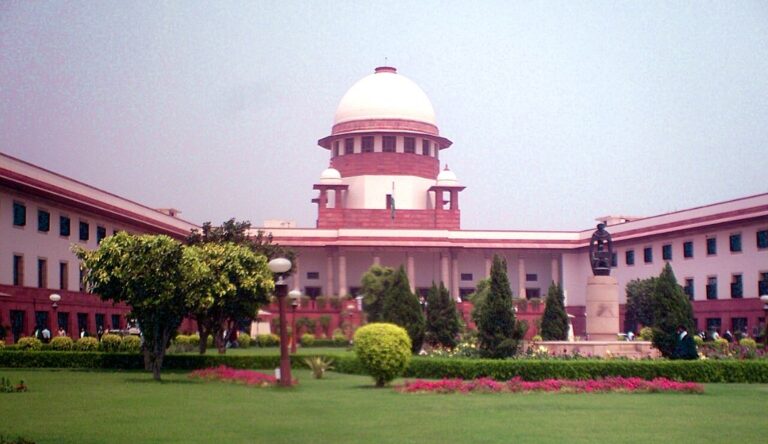In a significant ruling aimed at protecting the dignity and safety of sexual assault survivors, the Supreme Court in Eega Soumya v. M. Mahender Reddy & Ors. (SLP (Crl.) No. 5073 of 2011) held that a rape victim’s statement recorded under Section 164 of the Code of Criminal Procedure (CrPC) cannot be disclosed to the accused or any third party until the chargesheet is filed by the police.
The Court emphasized that such statements are highly sensitive and confidential, and premature disclosure could jeopardize the investigation, expose the victim to threats or coercion, and undermine the administration of justice. The judgment underscores the balance between the rights of the accused and the protection of victims of sexual offences, reaffirming the judiciary’s commitment to ensuring a fair yet victim-sensitive criminal process.
Case Drtails:
Eega Soumya v. M. Mahender Reddy & Ors.
Special Leave Petition (Criminal) No. 5073 of 2011
Court:
Supreme Court of India
Bench:
Justice Dr. B.S. Chauhan and Justice Swatanter Kumar
Date of Decision:
30 June 2011
Legal Provisions Involved:
- Section 164, Code of Criminal Procedure, 1973 (CrPC) — Recording of confessions and statements.
- Section 173(2), CrPC — Submission of police report (chargesheet).
Facts of the Case:
The petitioner, a rape victim, sought protection of her statement recorded under Section 164 CrPC, contending that the same should not be furnished to the accused until the filing of the chargesheet. The concern was that premature disclosure could lead to threats, coercion, or harassment of the victim and her family, compromising the fairness of the investigation.
Issue Before the Court:
Whether the statement of a rape victim recorded under Section 164 CrPC can be disclosed to the accused or any other person before the filing of the chargesheet.
Held (Ruling):
The Supreme Court held that:
The statement of a rape victim recorded under Section 164 CrPC is a confidential document and should not be disclosed to the accused or his counsel until the chargesheet is filed and cognizance is taken by the court.
The Court emphasized that premature disclosure could prejudice the investigation and endanger the safety of the victim.
Key Observations:
- The purpose of recording a statement under Section 164 CrPC is to ensure authenticity and safeguard the victim’s version from being distorted.
- The accused has no right to receive a copy of the statement before the filing of the final report (chargesheet) under Section 173(2) CrPC.
- Disclosure at an early stage could lead to tampering with evidence, influence over witnesses, and intimidation of the victim.
- After the chargesheet is filed, the accused will be entitled to receive the copies of statements and other documents under Section 207 CrPC.
Significance of the Judgment:
This judgment reinforced the privacy and protection rights of rape victims during the investigation stage. It clarified that the right to a fair trial for the accused does not extend to premature access to sensitive witness statements before the prosecution is complete.
